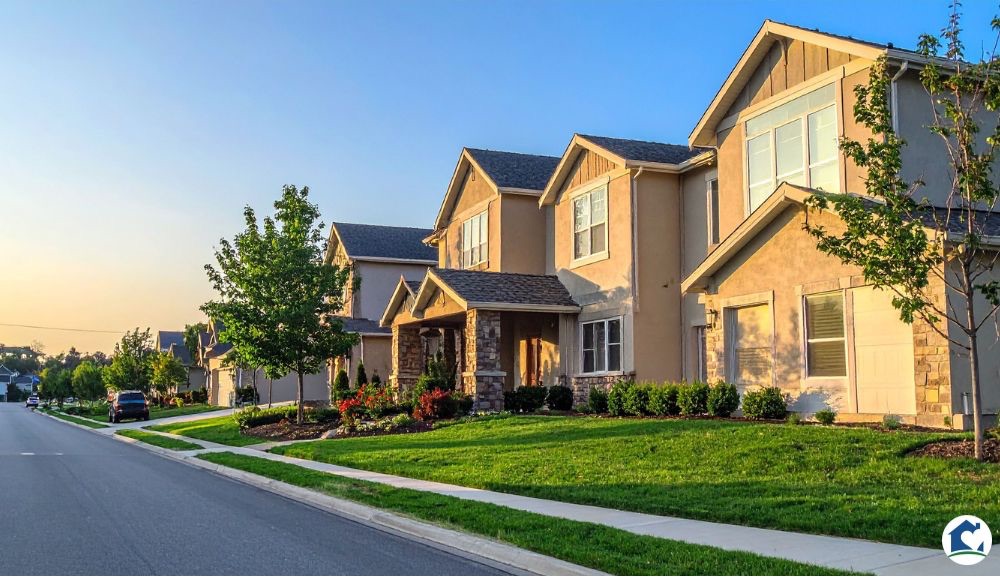
Filing a landlord insurance claim can feel overwhelming, especially when you’re managing tenants, maintenance issues, and the day-to-day responsibilities of owning rental property. However, understanding the claims process for landlords can make the experience far less stressful and help you recover faster after a loss. Whether the issue is property damage, loss of rental income, or liability claims, a straightforward, organized procedure assures fewer delays and better outcomes.
Steps in Filing a Claim
Taking care of any safety issues right away is the first step in filing a claim. Protect the property, stop any further damage if you can, and call emergency services if needed. As soon as you can, call your insurance company once the situation is under control. Most insurance companies have deadlines for filing claims, and waiting too long can make the process more difficult.
When you tell your insurance company about a claim, they will give you a claim number and, in most cases, a claims adjuster. The adjuster will review the details, inspect the property if necessary, and determine whether your policy covers the loss. Be ready to talk about what caused the damage, when it happened, and how it has affected the property or rental income.
After the evaluation, the insurance company will explain the following steps, such as how long it will take to receive payment, how long it will take to have repairs approved, and how to get more information.
Documentation Needed
One of the most important things for a successful landlord insurance claim is having accurate records. Before you start fixing anything, take clear pictures and videos of all the damage. Use wide shots to show the whole picture and close-ups to show the details.
You will also need written records like these:
- Police reports or incident reports (if applicable)
- Estimates or invoices from licensed contractors for repairs
- Records showing that the property was well cared for
- Lease agreements to back up loss-of-rent claims
Keep a record of all your conversations with tenants, contractors, and the insurance company. Organized records reduce the likelihood of disagreements and speed up the approval of claims.
Streamlining Claims
Landlords can streamline the claims process by being proactive. Review your insurance policy yearly so you comprehend coverage limits, deductibles, and exclusions before a claim ever occurs. Using digital tools to store photos, receipts, and upkeep logs can save valuable time when documentation is necessary quickly.
Working with reputable contractors who provide comprehensive estimates and timelines also helps insurers process claims faster. Finally, preserving open and prompt communication with your claims adjuster reduces misunderstandings and keeps the process moving forward.
By gaining insight into the claims process and preparing in advance, landlords can reduce inactivity, protect their investment, and return their rental property to normal operations as efficiently as possible.
Protect Yourself with Affordable Landlord Insurance
Are you looking for an excellent price on landlord insurance? Contact our team today! As independent brokers, we will shop the market to find you the best deal on quality landlord insurance!
Call American Insuring Group today at (610) 775-3848 or contact us online to start saving.








 Even with
Even with 






